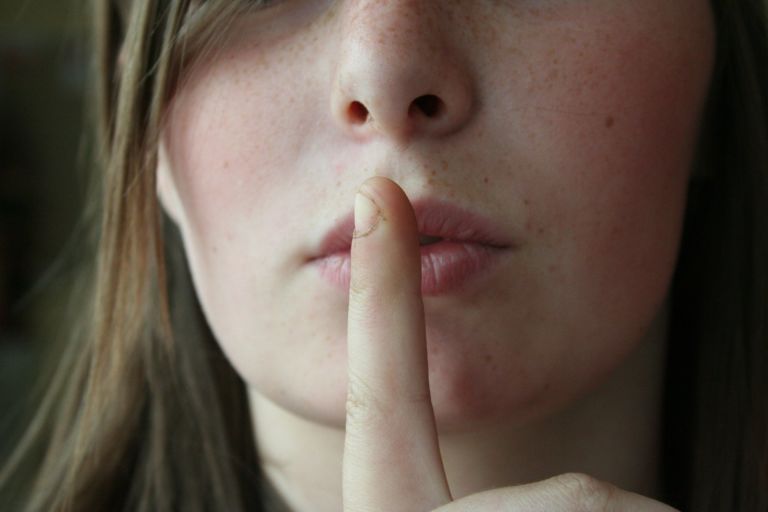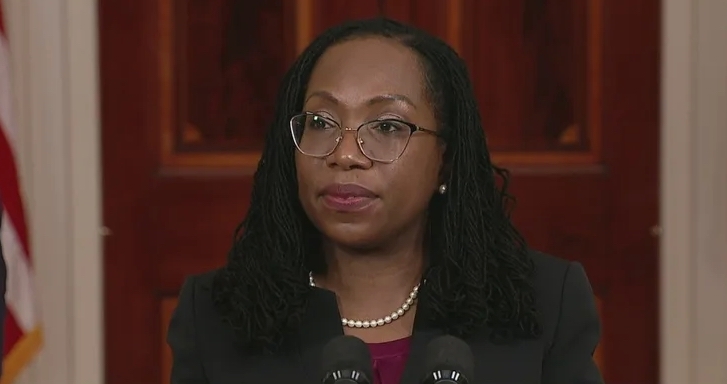Stanley Kurtz writes for National Review Online about an appropriate response to a recent controversy at Yale.
This time, it could be different. Typically, university administrators desperate to avoid disciplining students who silence visiting speakers downplay or deny the realities of shout-downs, deflecting public outrage until the heat dies down. Anything is better than meting out punishment to students who portray themselves as champions of disadvantaged minorities, or so most administrators think.
This is what is happening right now at Yale Law School in the aftermath of the March 10 shout-down of a Federalist Society panel that included a representative from Alliance Defending Freedom (ADF), a Christian legal organization devoted to the protection of freedom of speech and religious liberty. ADF’s faithful Christianity offended the about 100 law-student supporters of “transgender rights” who disrupted the event. Since that shout-down, Yale has issued misleading statements about the nature of its rules and the severity of what happened, all in the hope that discipline could be avoided. The need to dissemble is particularly great in this case, because Yale has perhaps the clearest, firmest, and most venerable requirements in the nation for sanctioning those who shout down speakers.
This time, however, it could be different. Although it has yet to be noted, Yale Law School’s “Rules of Discipline” allow any “member of the Law School” (which includes all Yale Law School faculty members and all Yale Law School students) to trigger an investigation and hearing regarding any alleged violation of Yale’s Law School Code. First and foremost in that code comes the obligation to protect “intellectual freedom.” According to Yale, intellectual freedom is necessary to preserve the “climate of calm” and “mutual respect” essential to the Law School’s life as a “house of reason.” All of this was clearly infringed by this month’s shout-down.
In particular, Yale’s rules of discipline prohibit any “threat” of the “use of physical force or violence to harass, abuse, intimidate, coerce, or injure any member of or visitor to the Law School or University.”


